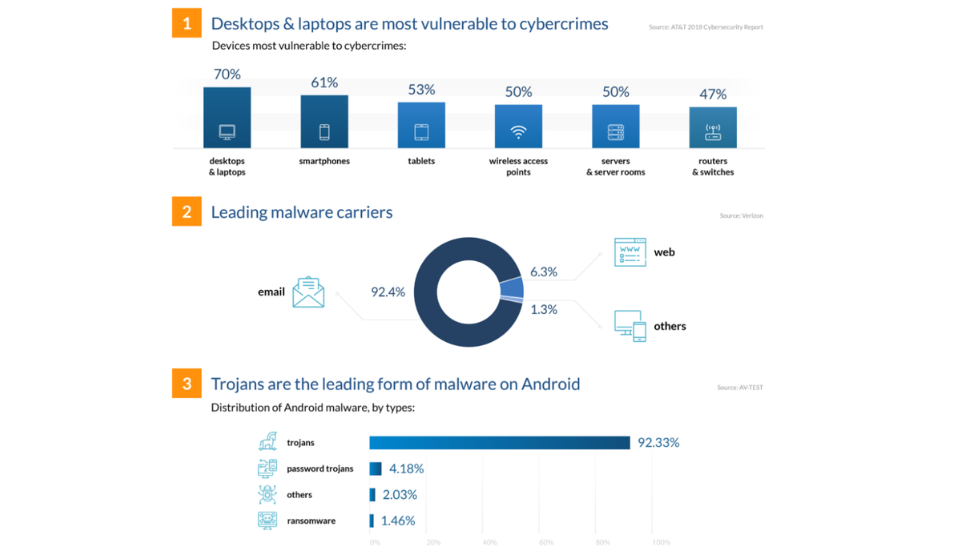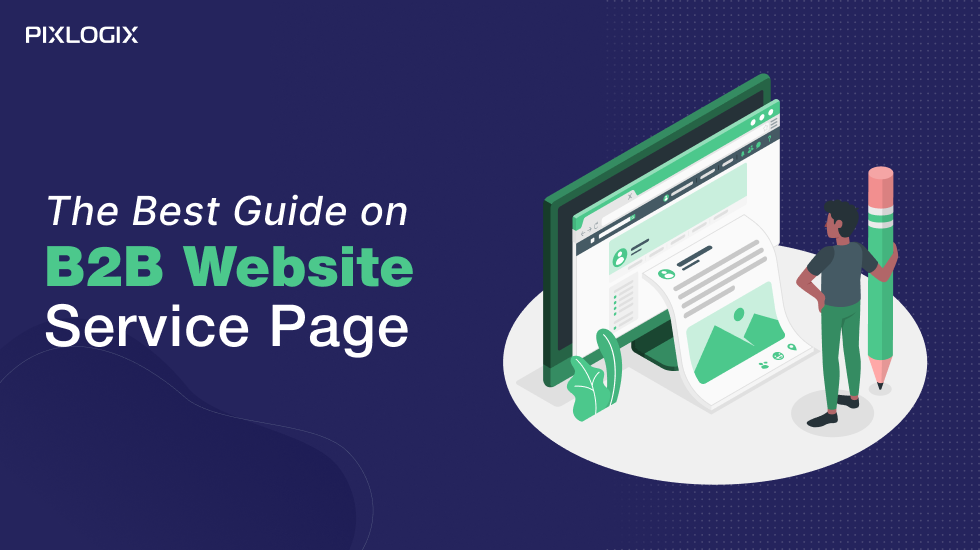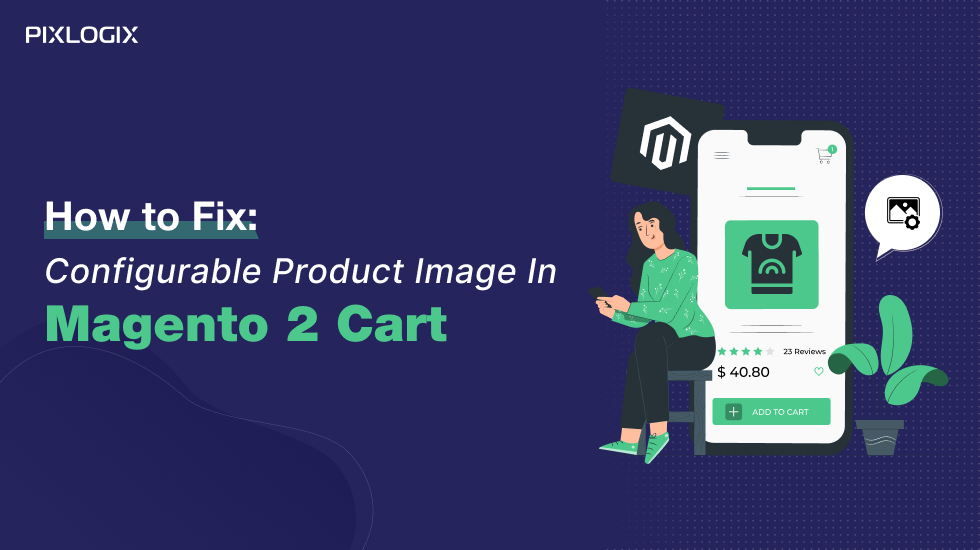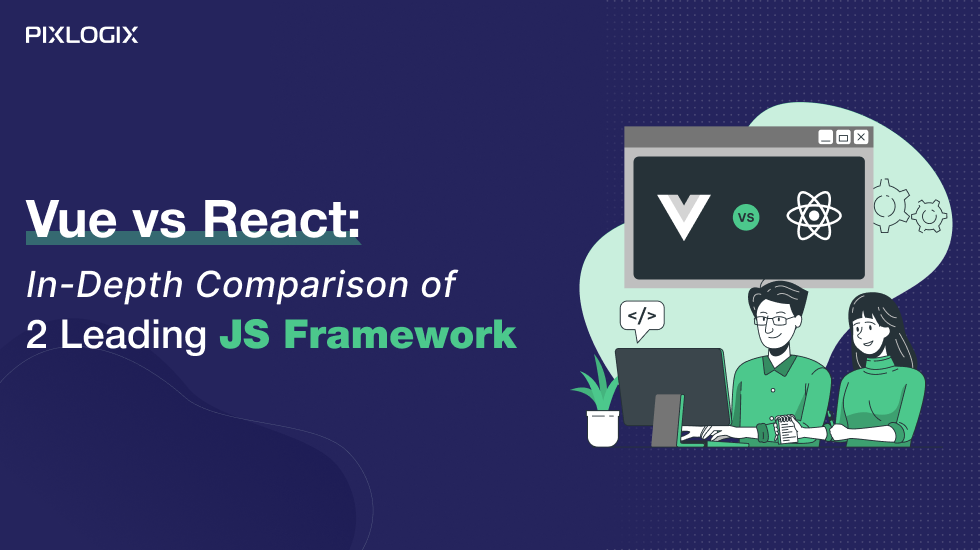WooCommerce vs Magento: Which is Best eCommerce Platform?

- Last Updated On December 20, 2024
- 12 min read
WooCommerce vs Magento, Both have a great collection of features and are very popular website builders in 2025. Selecting any one from them is not an easy task, and considering each platform’s features could leave you scratching your head in confusion while your customers aren’t able to shop on your site. But generally, you can find which platform is best for which type of business.
Each platform has its own group of die-hard supporters who champion its cause and claim that it is the best. This blog will compare WooCommerce vs Magento, including their key features, security, performance, pricing, beginner-friendliness, and even product management.
So you can know exactly which solution is right for you. Let’s start with a quick overview of WooCommerce and Magento website builders.
Key Takeways
User-Friendliness: WooCommerce is a plugin for WordPress, making it easy to set up and manage, especially for those familiar with WordPress.
Magento, while powerful, has a steeper learning curve and is better suited for users with technical expertise.
Customization and Features: Magento offers extensive customization options and advanced features out of the box, ideal for large businesses with complex needs.
WooCommerce is also customizable but often requires additional plugins to match Magento’s feature set.
Cost Considerations: WooCommerce is generally more affordable, with the basic plugin being free and many reasonably priced extensions available.
Magento has a free version, but its enterprise edition can be costly, reflecting its advanced capabilities and support.
Performance and Scalability: Magento excels in handling large product catalogs and high traffic volumes, making it a top choice for large eCommerce stores.
WooCommerce is well-suited for small to medium-sized businesses but may need optimization and additional resources to scale effectively.
WooCommerce vs Magento: A Quick Overview Table
The purpose of this overview is to give you an introduction and rapid details about their features.
| Feature | WooCommerce | Magento |
|---|---|---|
| Open source | Yes | Yes (Community edition) |
| Initial cost | Free | Free (Community edition) |
| Scalability | Scales with WordPress and plugins. Can support small to large stores. | Very scalable. Supports small to enterprise level stores. |
| Ease of use | Simple interface and setup. Easy for non-tech users to manage. | Steeper learning curve. Better for developers or tech savvy teams. |
| Themes/customization | Over 500 free and paid themes available. Easy to customize design and layout. | Theming and customization requires developer skills. |
| Extensions/add-ons | Thousands of plugins for features and capabilities, free and paid. | Thousands of extensions available, more advanced marketing and operations capabilities. |
| Payment gateways | Integrates with most payment gateways via plugins. | Supports wide variety of payment gateways out of the box. |
| Inventory management | Basic inventory tracking with plugin upgrades available. | Advanced inventory and warehouse management built-in. |
| Shipping | Plugins offer shipping integration with major carriers. | Comes with advanced native shipping capabilities. |
| Security | Reliant on WordPress for security updates and patches. Plugins add extra security features. | Built-in security measures like encryption and network firewall. |
What is WooCommerce?
WooCommerce is a free and open-source plugin for WordPress that helps you create an online store. If you already have a WordPress website or are planning to build one, WooCommerce is the perfect tool to turn it into a fully functional eCommerce store.
Key properties:
- Supports an unlimited number of products.
- It has a robust extension system based on the WordPress plugin format.
- It allows you to choose almost all the payment processors you want using the extension.
- It offers dozens of premium and free themes.
Pros:
- Setting up a store is free, except for web hosting costs.
- It’s easy to pick up if you have some WordPress experience.
- Extensive documentation is available for its users. Additionally, you can contact the team behind the project if you have any further questions.
- It integrates with Google Analytics using an extension.
- It includes SSL support, but you need to get your own certificate.
Cons:
- If you don’t use WordPress, you need to learn two new platforms.
Price:
It is a fully open-source platform – anyone can download it and set it up on any server. That being said, its premium extensions tend to be expensive, and some require an annual subscription.
In addition, your web hosting costs will depend entirely on the size of your business and the packages your provider offers.
Related Blog: Magento vs Shopify vs WooCommerce
What is Magento?
Magento, now known as Adobe Commerce, is a popular eCommerce platform that helps businesses build and manage online stores. It’s designed to handle everything from small shops to large, complex businesses.
Magento has two main versions:
- Open Source (Free): Great for smaller businesses with basic needs.
- Adobe Commerce (Paid): Ideal for larger businesses with advanced features and support.
Here are some key points of Magento website builder.
Key properties:
- It supports unlimited products, as any self-respecting self-hosted platform should!
- It comes with its own theme and layout system.
- It includes efficient APIs that can be connected to any third-party solution.
Pros:
- It is built for scalability. Magento should have no problem handling large stores as long as your host can manage them.
- Customers can pay faster with a simplified process. Additionally, guest checkout is enabled by default.
- It integrates with PayPal, Authorize.Net, and Braintree out of the box.
Cons:
- Magento feels more geared toward developers than regular users.
Price:
Magento’s Community Edition is open source and free for anyone to use, so your only cost will come from your hosting provider.
Additionally, for non-technical business owners, you need to hire a Magento developer who can help you take full advantage of these great eCommerce website solutions.
With this overview, you can get a better idea about both platforms. Now, it’s time to learn in-depth about their performance, security, prices, and product management.
So, let’s go.
Related Blog: Which Platform to Select for your next eCommerce Website?
What about the performance of WooCommerce vs Magento?
Load times are a big problem for all websites, but doubly for e-commerce. If your website takes too long to load or seems slow, some people will leave and take their money with them.
When it comes to performance, it isn’t easy to know which solution is the overall winner. Every online store – regardless of platform – will behave differently due to its functionality and size.
In addition, several other factors come into play, such as your choice of web hosting provider, whether you use a content delivery network (CDN), or even whether your images are optimized.
Simply put, the performance of your online store will depend primarily on you and your hosting provider. This round is a tie between WooCommerce and Magento.
What about security in WooCommerce vs Magento?
You can overstate the security of your eCommerce store. You can see the statistics of how many cybercrimes are active these days.
Image source:https://financesonline.com/cybercrime-statistics/
When it comes to your site, the security of your online store is largely up to you. Both WooCommerce and Magento allow you to implement several advanced security measures, but mostly through extensions and manual modifications.
However, while no platform can be 100% secure, Magento offers dedicated security patches to its users.
The downside is that Magento security patches are not very easy to apply. eCommerce newbies can feel out of their depth going it alone, which in turn leads to a significant number of Magento stores being out of date.
However, if you take security seriously and have some web development experience (or don’t mind paying for help), Magento is the clear winner.
What About Product Management in WooCommerce vs Magento?
If you are looking for the perfect e-shop, good product management is probably on your priority list.
WooCommerce offers a seamless approach to product management with options for both physical and digital products. Setting up new items is remarkably simple, especially if you already know WordPress.
On the other hand, Magento offers several premium features you don’t get in WooCommerce without buying additional extensions. It supports product reviews, grouped items, wish lists, advanced pricing rules, and product personalization.
Overall, WooCommerce is a better choice for users who don’t need advanced features in their stores right from the start. It allows you to get your store up and running quickly, which is more suitable for small businesses, and you can choose to expand its features later with extensions.
The winner of the third round of WooCommerce vs Magento is again a neck-and-neck race like our first comparison.
What about the Prices?
The last key factor when deciding between WooCommerce and Magento is your budget. As mentioned, WooCommerce is free, while Magento offers a free community version alongside several premium services.
Unfortunately, prices for Magento’s premium options are only available via chat with their sales team.
Either way, it is possible to get an online store up and running with both platforms without spending a single dime, apart from web hosting costs.
How much it costs to run your store will largely depend on your choice of hosting provider, a topic we have covered extensively in the past, plus a few paragraphs above.
Moving on, even though both platforms are practically free, the costs can quickly add up if you rely too heavily on extensions. There are plenty of free extensions for Magento and WooCommerce, but the premium offerings are expensive.
If you need to add additional features to your website, research which extensions you’ll need before deciding on either platform and comparing their prices. That way, you get the functionality you need without your wallet screaming.
WooCommerce and Magento are excellent choices for low-cost online stores, although the latter is only in the case of the community version.
When scaling your store, WooCommerce remains the cheapest alternative because you don’t need to install more powerful (and premium) versions of the platform, as you can with Magento.
Related Post: Magento vs WordPress: Choosing the Right eCommerce Platform for Your Business
WooCommerce vs Magento: Wrap up
When comparing WooCommerce and Magento, it’s not always easy to choose the right platform, as both offer strong features and solid user support. WooCommerce is a great choice for beginners or those running a small eCommerce store, as it’s easy to set up and manage with basic product categories.
However, if you’re planning to grow your eCommerce business and scale it to a larger level, Magento is the better option. It provides excellent performance, advanced inventory management, and the ability to manage multiple stores from a single admin panel, making it ideal for bigger businesses.
With the support of a Magento development expert, you can build a powerful platform that meets the needs of your growing brand. If you’re considering Magento development services, Pixlogix Infotech Pvt. Ltd. is a top choice.
We have over 15 years of experience in building eCommerce websites. Their services are known for their high quality, with a 99% client satisfaction rate, ensuring top-notch results for your business. If you’d like to know more, feel free to reach out to us.
Samir Bhimbha
Samir Bhimbha is the Founder & CEO of Pixlogix Infotech Pvt. Ltd. which offers web and app solutions to fulfill business's online needs and help to improve their online presence with many clients in the USA, Europe, Australia, and more. He is a skilled entrepreneur, web designer, developer, and team leader who can handle every situation. With 15+ years of experience in UX/UI design and web development, he is leading a team of IT professional talents.
Related Post
Get in Touch Now!
Have a word with our expert consultants about your next project to get suggestive guidance & proposal.
Sales Inquiry
Chat with us about your project for a custom solution and quote.







